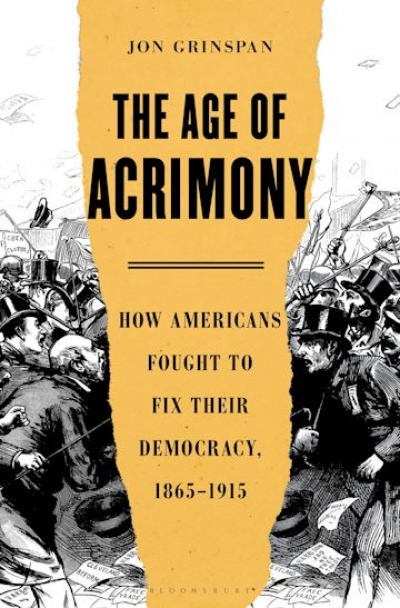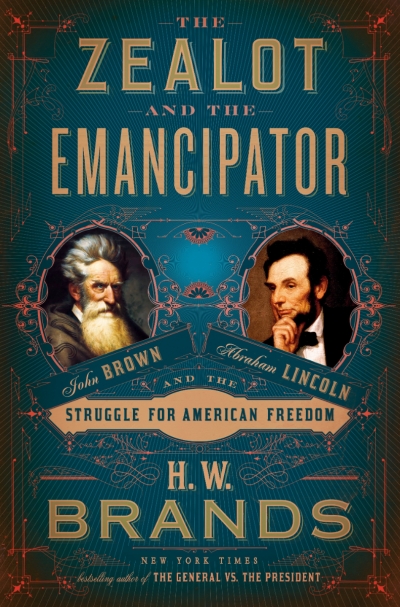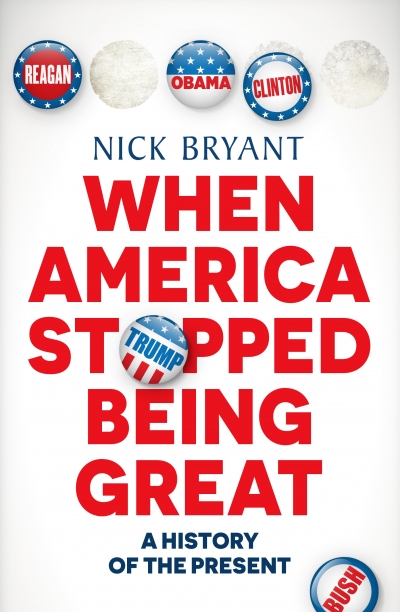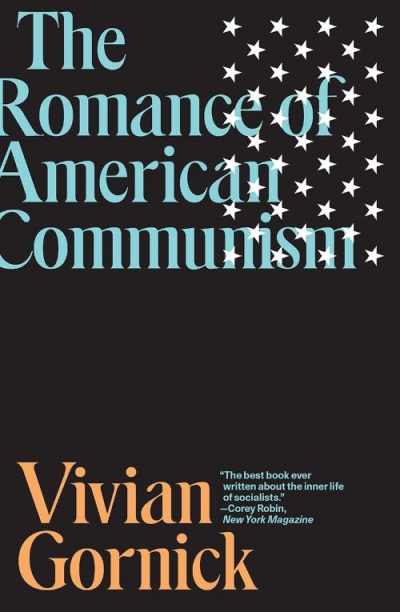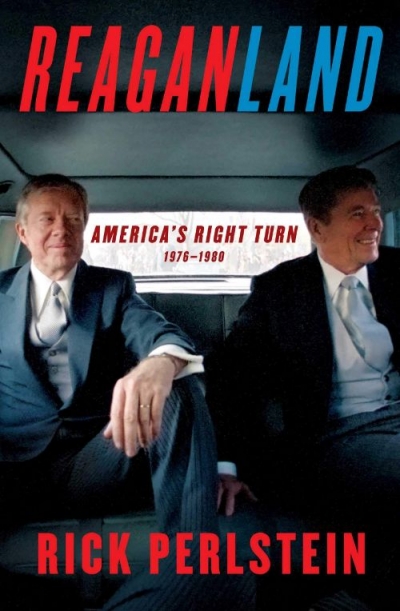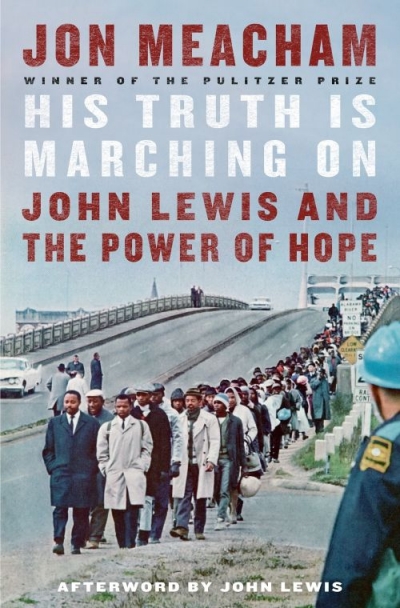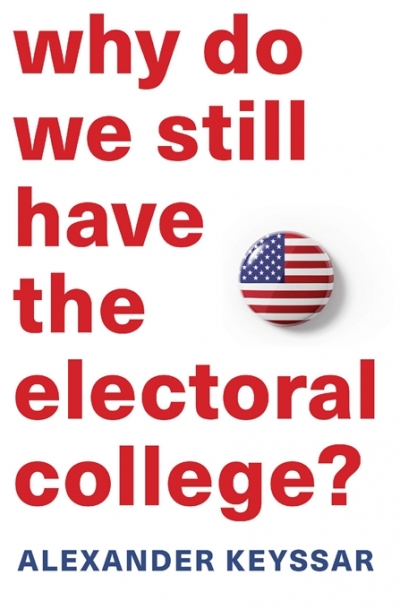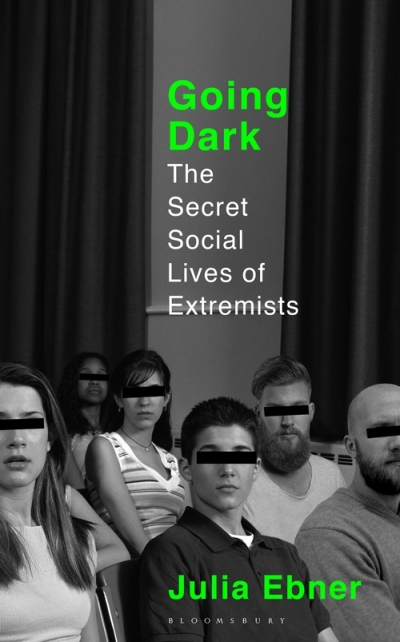America
Sign up to Book of the Week and receive a new review to your inbox every Monday. Always free to read.
Recent:
The Age of Acrimony: How Americans fought to fix their democracy, 1865–1915 by Jon Grinspan
by Samuel Watts •
The Zealot and the Emancipator: John Brown, Abraham Lincoln and the struggle for American freedom by H.W. Brands
by Clare Corbould •
On the morning of 6 January 2021, President Donald Trump addressed a crowd of his supporters outside the White House for more than an hour. The president urged protesters who had already begun gathering along the National Mall to go to the Capitol Building where both houses of Congress were about to start the process of certifying the results of the electoral college, formalising Joe Biden’s victory in the November 2020 election. The election had been stolen, Trump told them: it was time for them to take it back and march on Congress: ‘You will never take back our country with weakness,’ said the president.
... (read more)When America Stopped Being Great: A history of the present by Nick Bryant
by Andrew West •
Reaganland: America’s right turn 1976–1980 by Rick Perlstein
by Andrew Broertjes •
His Truth Is Marching On: John Lewis and the power of hope by Jon Meacham
by Varun Ghosh •
Why Do We Still Have the Electoral College? by Alexander Keyssar
by Varun Ghosh •
The Fire Is Upon Us: James Baldwin, William F. Buckley Jr., and the debate over race in America by Nicholas Buccola
by Samuel Watts •


